
There are many motivations for going indie. One of the metaphors I used to hear most was that setting out for Indieland was like being part of the Gold Rush, that this was a territory being staked out and carved up from scratch, a blank tablet with no pre-existing laws and various other frontier-based tropes. And while the kind of freedom those metaphors epitomise can still exist, for many indies it does not, and they have no interest in that level of lack of regulation. The overwhelming majority of ALLi's writers, for example, want to demonstrate that they *are* adhering to a whole raft of rules when it comes to, say, cover design and using the best available editors. But what about freedom when it comes to actual content? The news this week has reopened an ongoing debate between the indie community and the industries on which it relies and, indeed, within the community itself.
Amazon's (rather fuzzy) line in the sand
Erotica, and even more so the sub genre(s) that fall under the umbrella of dark erotica, has a strange place in the indie world. On the one hand it is an area in which self-published writers, among the earliest adopters of the indie way, have always thrived. On the other, it hasn't always had the easiest of times when it comes to dealing with the communities and platforms through which indies traditionally thrive. A couple of years ago there was a massive falling out between dark erotica writers and Smashwords over the terms imposed by Smashwords checkout provider Paypal. And the relationship with Amazon has never been an easy one. This week that relationship has had a major bust up (full story here) as bestselling dark erotica writer Nikki Sloane has had her latest book, Sordid, pulled from Amazon's KDP platform because its content breaches their guidelines. Guidelines which state “What we deem offensive is probably about what you would expect”. In an increasingly atomised world, though, not everyone's expectations are the same. Maybe this is another case of indies pushing at the boundaries and shaping some clarity for the future. Big thanks to Poppet for the tip, which is pretty much the only topic doing the rounds in many parts of indieland right now, but is almost unheard in others.
Copyright (again)
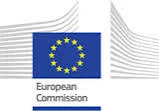 Last week we ran a full article on the Australian Productivity Commission's consultation on changes to intellectual property law, which closes today. It is worth noting that another consultation on changes to intellectual property law, this time run by the EU, is still open for another two weeks. The consultation (here) is looking at two areas that affect authors. First, it is considering whether to introduce “neighbouring rights” for publishers similar to those held by broadcasting media or film production companies. Of most impact to indies is a possible withdrawal of the “panorama exception”, the law that means it's okay to use pictures (you hold the rights to) of public objects such as buildings or public art so long as they were created to be seen in public. If this is changed, it will have an impact on a *lot* of book covers. A seemingly lighter story on the subject (here) actually cuts to the heart of the copyright debate. Warner Brothers have issued a takedown notice against Vimeo in relation to a reconstruction of Blade Runner that was assembled from scratch using the original images by an AI robot. On the one hand, this is so meta it belongs in “and finally”. On the other, it raises very clearly the question of exactly what it is copyright law is intended to protect.
Last week we ran a full article on the Australian Productivity Commission's consultation on changes to intellectual property law, which closes today. It is worth noting that another consultation on changes to intellectual property law, this time run by the EU, is still open for another two weeks. The consultation (here) is looking at two areas that affect authors. First, it is considering whether to introduce “neighbouring rights” for publishers similar to those held by broadcasting media or film production companies. Of most impact to indies is a possible withdrawal of the “panorama exception”, the law that means it's okay to use pictures (you hold the rights to) of public objects such as buildings or public art so long as they were created to be seen in public. If this is changed, it will have an impact on a *lot* of book covers. A seemingly lighter story on the subject (here) actually cuts to the heart of the copyright debate. Warner Brothers have issued a takedown notice against Vimeo in relation to a reconstruction of Blade Runner that was assembled from scratch using the original images by an AI robot. On the one hand, this is so meta it belongs in “and finally”. On the other, it raises very clearly the question of exactly what it is copyright law is intended to protect.
Platforms
It often feels as though commentators on the indie scene can't decide if self-publishing is great for the midlist or another place where midlisters go to die. This piece from Blomberg offers some considerable hope by suggesting that a new generation of platforms and à la carte service suites for authors could actually find itself hitting midlisters' sweetspot. What makes this particularly interesting is that one of the platforms listed, Pronoun, has just been acquired by Pan McMillan (story here). What this means for the currently free to use platform isn't clear, but expect an update from ALLi soon.
Marketing for Indies
 And on the subject of platforms, the biggest marketing platform by far, BookBub, has just launched (here) a paid advertising service that will see books advertised within their massively influential newsletters, but outside of the curated content section. The ads will be purchased via auction on a pay-per-click basis, a similar financing model to the one used by Facebook ads, which are indirectly in the news, courtesy of this piece in the Guardian on Adam Croft's breakthrough success with self-published thriller Her Last Tomorrow. As Croft explains in this podcast with The Creative Penn, a successful Facebook ad campaign was instrumental in this success.
And on the subject of platforms, the biggest marketing platform by far, BookBub, has just launched (here) a paid advertising service that will see books advertised within their massively influential newsletters, but outside of the curated content section. The ads will be purchased via auction on a pay-per-click basis, a similar financing model to the one used by Facebook ads, which are indirectly in the news, courtesy of this piece in the Guardian on Adam Croft's breakthrough success with self-published thriller Her Last Tomorrow. As Croft explains in this podcast with The Creative Penn, a successful Facebook ad campaign was instrumental in this success.
Young Adults and Paper Books
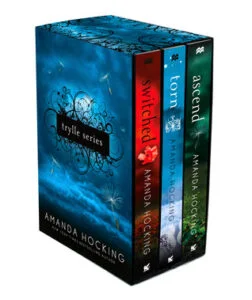
Part of Amanda Hocking's success was down to ensuring her readers could always buy paper copies of her books.
Young adult fiction is a massive market, and as Amanda Hocking and others have shown, the voracity of young adult readers makes them a fabulous potential market for indies. Add to this the fact that Young Adult readers are the overwhelming adopters of BookTubing, and this becomes a really exciting part of the literary landscape. One of its quirks, which indies need to take into account (something Hocking notably did), is the apparently counter-intuitive fact that YA readers love paper books. You may remember a few years ago that a fifteen-year old-intern's paper on why teenagers love touchscreens turned the tech world on its head. Authors might do well to pay similar attention to this piece by a teen book blogger on why they prefer physical books to ereaders. (Yes, the “news” on which it is partially based is the flawed survey on the apparent decline in ebook sales, but there is also some research there for this specific demographic.) Long and short – teenagers use tech to do all the things around books, except for the reading of them.
…And the Latest from Author Earnings
After a long radio silence on the Author Earnings site, Data Guy has just uploaded not one but two posts and the latest report. This is the latest author earnings report, while this slideshow gives a great outline of the methodology used to compile the reports. There is also this fascinating look into ebook pricing from the Big 5 publishers, showing a 15% drop in average pricing between January and May this year.
Upcoming conferences and events
JUNE 2016
Dublin Writers Conference: June 24 – 26 [Dublin, Ireland] Seoul International Book Fair: June 15 – 19 [Seoul, Korea] ALA Annual Conference, June 23–28 [Orlando]
JULY 2016
ThrillerFest X, July 5–9 [New York City] Comic-Con International, July 21–24 [San Diego, Calif] Hong Kong Book Fair: July 20 – 26 [Hong Kong, China] South African Book Fair: July 29 – 31 [Johannesburg, South Africa]
AUGUST 2016
Writer’s Digest Conference, Aug. 12–14 [ New York City]
SEPTEMBER 2016
Kentucky Women Writers Conference, Sept. 16–17 [Lexington] Word on the Street, Sept. 25 [Toronto, Canada] RomCon, Sept. 30–Oct. 1 [Denver] Chicago Writers Conference, Sept. 23-25 [Chicago]
OCTOBER 2016
Frankfurt Book Fair, Oct. 19–23 [Frankfurt, Germany]
(The above list may not include all the major events; please feel free to email us with any important ones we’ve missed out, or include in comments below.)
All the week's top news for indie & #selfpub authors Share on X
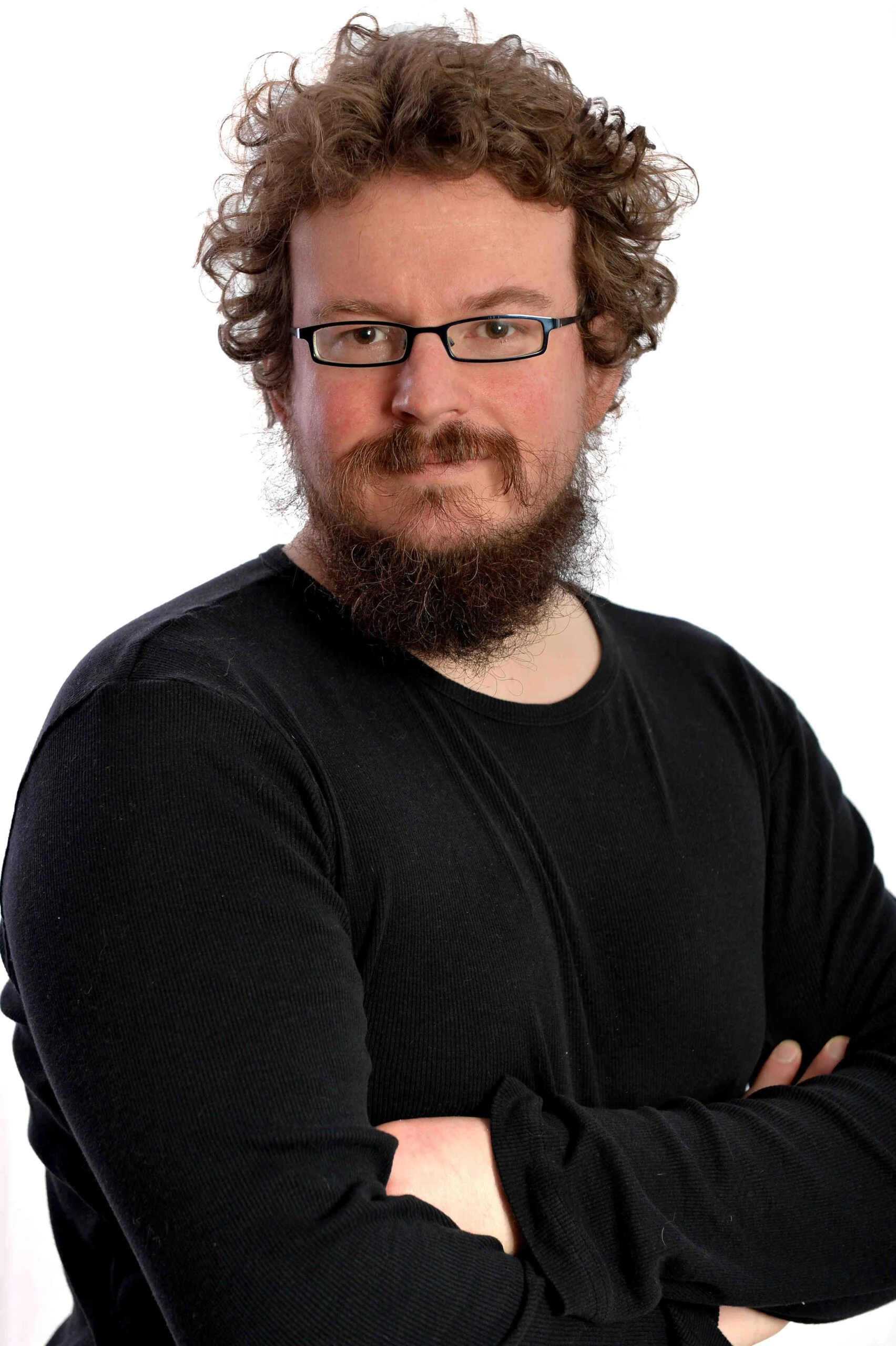
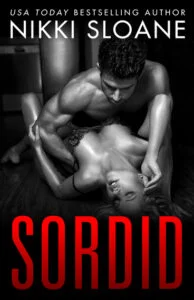

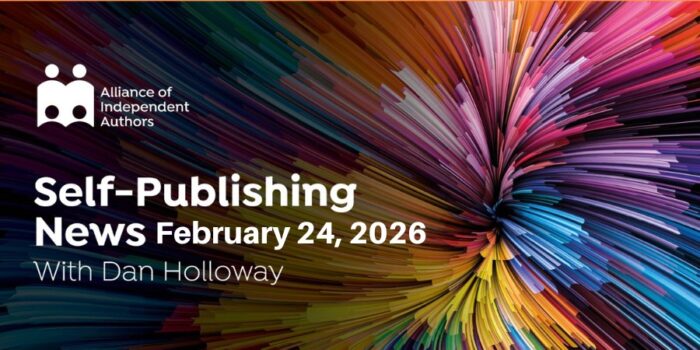


[…] The Alliance of Independent Authors June 3rd 2016 news update: https://selfpublishingadvice.org/this-weeks-self-publishing-news-16/ […]
[…] The Alliance of Independent Authors June 3rd 2016 news update: https://selfpublishingadvice.org/this-weeks-self-publishing-news-16/ […]
Not sure if it’s something you want to include on your list, but The Georgia Romance Writers (GRW) is hosting their annual Moonlight & Magnolia’s Conference from September 29 to October 2, 2106, in Atlanta, GA USA.
Thank you – does the event welcome indie authors?
Raymond, I think BookBub will have a job to get this right – it’ll be interesting to see the first stats coming out from advertisers – if people don’t make their money back, demand will drop right off; if they’re too successful BB will struggle to maintain demand for their curated service; and if readers buy a lot of books that aren’t of the level of BB’s “list” they may kick off. I can see why they’ve done it but it’s very brave!
[…] Dan Holloway There are many motivations for going indie. One of the metaphors I used to hear most was that […]
Much has been said on the web about “Pay per click with people saying that “Auto-bots artificially inflate alleged visitors to an authors book in order for the marketer to charge authors more, when in truth “LIVE PAOPLE” didn’t view the author’s product.
For this very reason I will never go the “Pay per click” route.
There is NO WAY an author can verify how many actual visitors visited his book page that were live people and auto-bots.
After all, what is the end goal of “Pay Per Click” services?
Bingo! To rake in dollars on a large scale.
I find a “Pay per Click” services “Defense” against their use of auto-bots to continuously click on those who pay for the service (WEAK) at the least when they say, “We DON’T guarantee anyone will buy your product, we only GUARANTEE visitors to your webpage.
No one in my opinion can GUARANTEE 10,000 people will visit my website.
Yet I still will be billed for those 10,000 clicks and have no way of proving any live readers visited my website, yet I still must pay the advertisers bill.
No multiply that 10,000 clicks by 50,000 authors and you tell me, “Who is getting rich off Pay Per Clicks?”